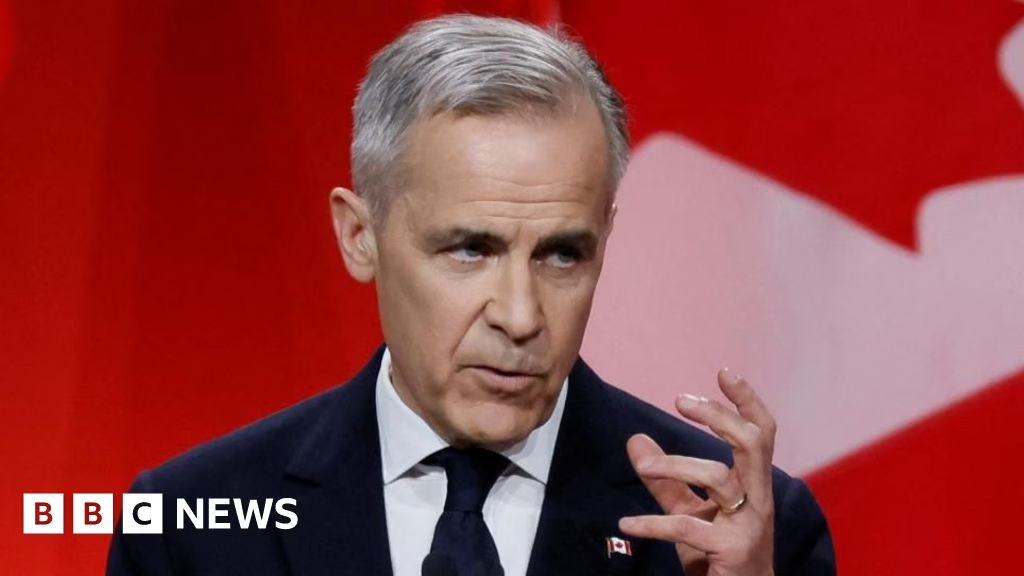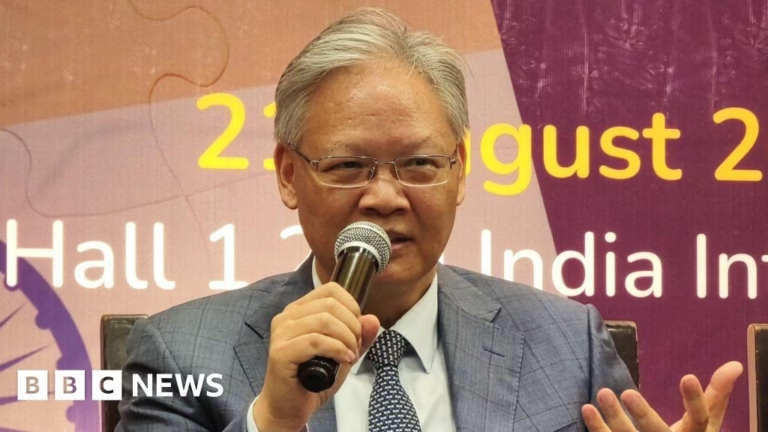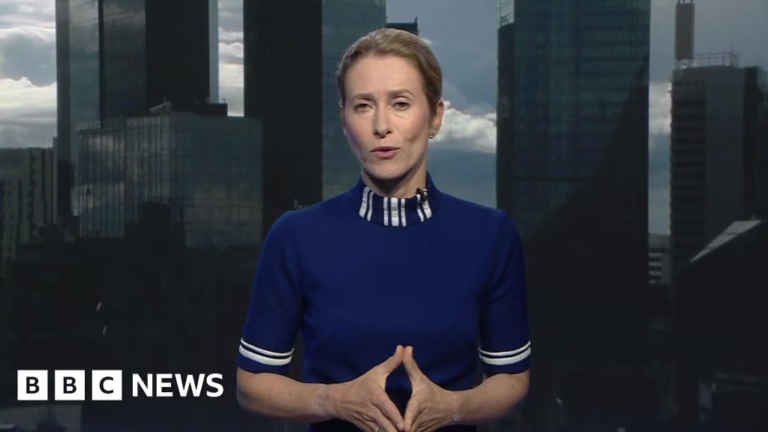Mark Carney has secured victory in the race for Canada’s prime minister, succeeding Justin Trudeau and signaling a strong stance against US President Donald Trump’s unjustifiable tariffs on Canada. The former governor of Canada and the UK’s central banks, Carney, who has never served in elected office, overtook his nearest rival, former Finance Minister Chrystia Freeland, with an overwhelming majority of 85.9% of the votes. His win was met with enthusiastic support from party members in Ottawa, the capital of Canada, as more than 150,000 people voted in the contest.
Carney, now the designated prime minister, criticized Trump, emphasizing that in matters of trade, Canada will not back down. He vowed to maintain tariffs on US goods until Canada is treated with respect and vowed to safeguard Canadian interests against aggression from a now-unreliable trading partner. Carney’s speech resonated strongly with the crowd, who reacted with loud disapproval towards Trump’s policies.
Carney’s future government, which will be a minority one, could either move forward with a snap general election or face the possibility of a no-confidence vote by opposition parties. Despite trailing significantly behind their Conservative rivals at the start of the year, the Liberals under Carney have bridged the gap, now being statistically tied with the opposition due in part to the ongoing trade disputes with the US.
In a challenging time for Canada, Carney plans to “secure our borders” and foster trade diversification to reduce dependence on the US. The Conservative Party, led by Pierre Poilievre, accused Carney of mirroring Trudeau’s policies; a claim Carney refuted by highlighting his own competitive approach to standing up to Trump. Federal Public Safety Minister David McGuinty endorsed Carney, praising his leadership qualities necessary to address major issues facing the country.
Carney’s policy agenda leans centrist, marking a departure from Trudeau’s leftward shift. Key policy points include advancing major energy projects like pipelines, investing in housing and clean energy, reducing interprovincial trade barriers, and a commitment to size restraint on the federal government, which expanded by 40% under Trudeau. Carney’s path to office sets the stage for a potentially transformative period in Canadian politics.
Source: https://www.bbc.com/news/articles/c36wkg47z1po








